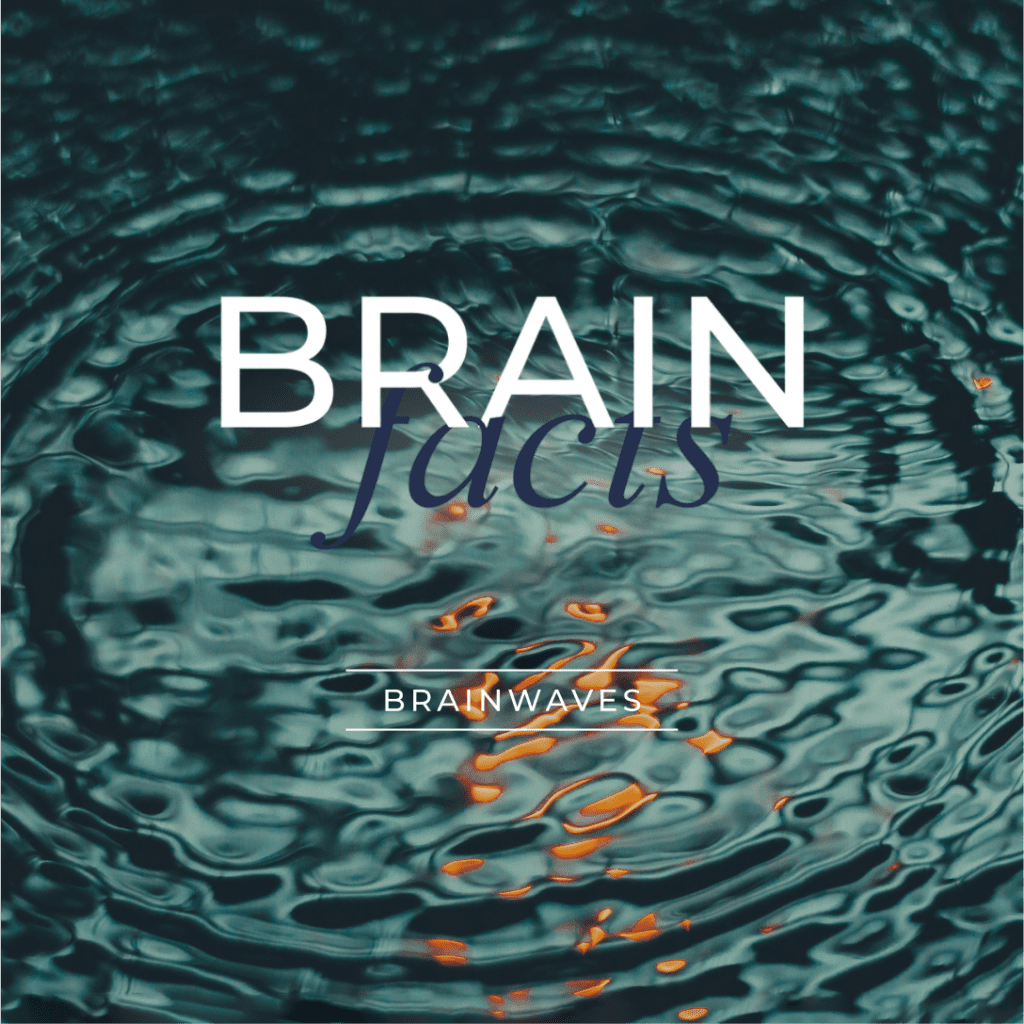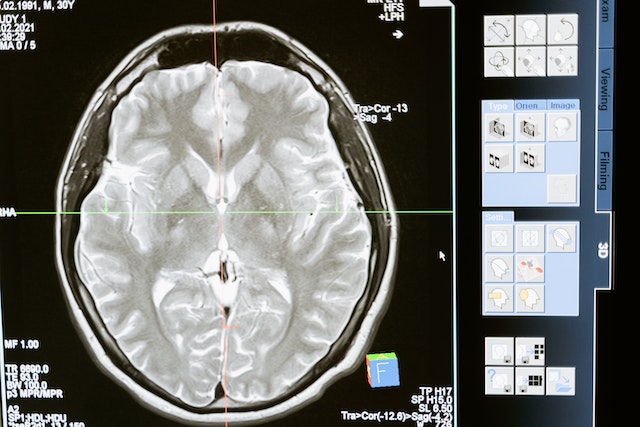The human brain is a complex and fascinating organ, responsible for our thoughts, emotions, and actions. Within this intricate network of neurons, there is a remarkable phenomenon known as brainwaves. In this blog post, we will delve into the world of brainwaves, exploring their different frequencies, functions, and how they contribute to our overall brain activity.
Brainwaves at a Glance
At the most basic level, brainwaves are rhythmic electrical impulses generated by the synchronized activity of billions of neurons in the brain. These electrical signals create distinct patterns that can be measured and classified into different frequency bands.
The Frequency Spectrum
Brainwaves are classified into several frequency bands, each associated with specific mental states and activities [1]. Here are the primary brainwave frequencies and their characteristics:
- Delta Waves (0.5-4 Hz): Delta waves are the slowest brainwaves and are predominantly present during deep sleep. They play a vital role in restoring and rejuvenating the brain and body.
- Theta Waves (4-8 Hz): Theta waves are associated with deep relaxation, daydreaming, and meditative states. They are also present during the early stages of sleep and can contribute to creative insights and intuitive thinking.
- Alpha Waves (8-12 Hz): Alpha waves are present when we are in a calm and relaxed state, such as during meditation or a peaceful walk in nature. They promote a sense of inner tranquility and are believed to enhance creativity and focus.
- Beta Waves (12-30 Hz): Beta waves are associated with active thinking, problem-solving, and engaged mental states. They are prevalent during tasks requiring concentration, focus, and alertness.
- Gamma Waves (30-100 Hz): Gamma waves are the fastest brainwaves and have been linked to higher cognitive functions, including memory consolidation, information processing, and heightened awareness. They are often observed during periods of intense concentration, peak performance, and moments of insight.
Applications and Benefits
Understanding brainwaves opens up a world of possibilities for enhancing our mental capabilities and well-being. Here are some potential applications and benefits:
- Cognitive Enhancement: By exploring ways to modulate brainwave activity, researchers are investigating methods to enhance focus, attention, memory, and learning abilities [2].
- Sleep Optimization: Exploring the role of brainwaves in sleep patterns can lead to insights on improving sleep quality and addressing sleep-related disorders [3].
- Neurological Conditions: Researchers are studying the relationship between brainwaves and various neurological conditions, aiming to develop novel approaches for anxiety, depression, ADHD, and neurodegenerative disorders [1].
Conclusion
Brainwaves are an essential aspect of brain activity, shaping our cognitive abilities, emotions, and overall well-being. By understanding the different frequencies and functions of brainwaves, we gain insights into the incredible complexity of the human brain. Ongoing research in this field has the potential to revolutionize how we approach mental health, cognitive enhancement, and neurological treatments.

References
[1] https://www.webmd.com/brain/what-to-know-about-gamma-brain-waves – see detailed sources at bottom of the page linked








































